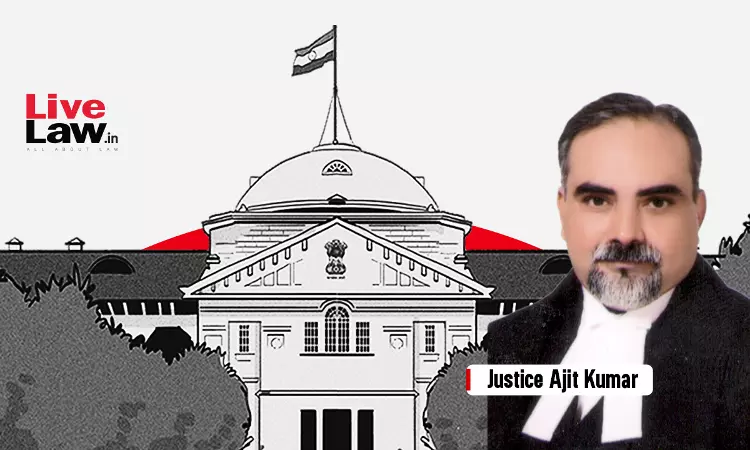Landlord's Need To Settle His Son Independently In Business Constitutes Bonafide Use: Allahabad High Court
Upasna Agrawal
1 Feb 2025 9:00 AM IST

Next Story
1 Feb 2025 9:00 AM IST
The Allahabad High Court has held that a son has every right to be in business independent of his father and the father's request for release of the rented shop so his son can start an independent business is a bona fide need, justifying the tenant's eviction.Justice Ajit Kumar held that “if the son has been doing business with his father, he has every right to get settled independently in...
